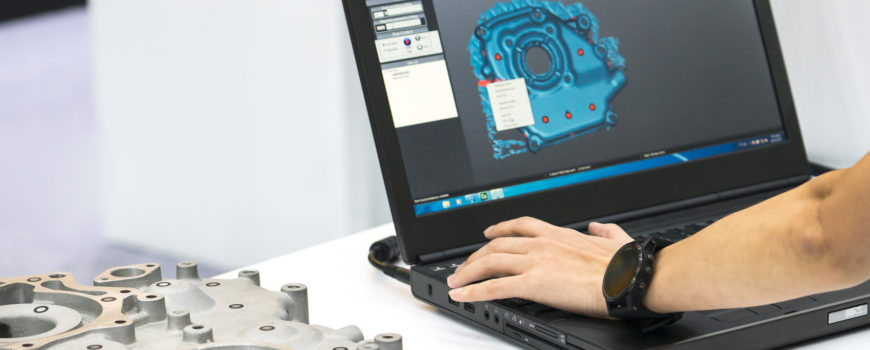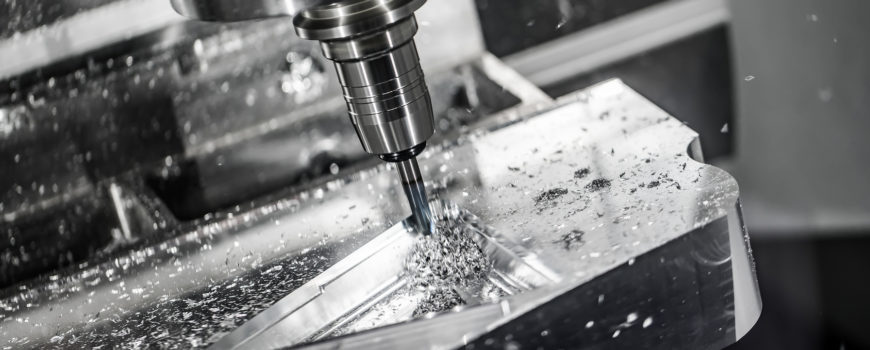In a short period, the marketing landscape has changed dramatically. The internet, social media, and inbound marketing capabilities have assured that manufacturing competition is now global. Staying ahead of trends and having a substantial online presence bolstered by quality content is now mandatory. The reality is that your manufacturing marketing, and or, salespeople probably need some guidance to compete at this relatively new game. Here we will highlight five quality online resources that provide insights and instruction for marketers in the manufacturing sector.
Hubspot
Personalized advice & resources for your inbound business Hubspot is a fantastic resource if you or your marketing department are new to, or struggling with inbound marketing efforts. They offer different levels of service, tailored to your specific needs and allow you to upgrade the services as your marketing efforts grow. To start, Hubspot provides a vast array of services that you or your team can use to learn more about, and engage the inbound marketing approach. The free tools and courses alone, available for both sales and marketing teams, will get your manufacturing business up to date with the current trends of effective online and content marketing.
Content Marketing Institute
Leading global content marketing education and training organization Content Marketing Institute was founded by author and content marketing guru Joe Pulizzi, as part of an on-going effort to educate the masses about the present and future of marketing. CMI has an impressive list of companies with which they have worked. In addition to direct consulting services, CMI offers workshops, podcasts, events, a digital magazine, blog posts and an online University to provide you with the resources that you will need to expand your inbound manufacturing marketing strategy.
Thomas Marketing
With Thomas Marketing you will find a group that focused marketing strategy that is specific to manufacturing and industrial industry. According to their website, as many as 57% of business purchasing decisions are made before the first personal contact. These decisions are made solely on the content that you provide. At Thomas, they understand the importance of a robust inbound marketing strategy and where it fits into your industry. The Thomas Network allows you to list your business, with a limited amount of information for free, and Thomas Insights offers white pages, case studies, and articles so that you can stay up to date and get inspired.
Advantage Business Media
Having developed from a company focused on publishing to offering full-service marketing solutions, Advantage Business Media as an advantage over others concerning content creation. They create high-quality content in-house, and regularly collect and utilize data to ensure that they are targeting your ideal audience, and justifying ROI. The Blog and Playbooks, on their website, offer valuable free information and insights into inbound strategy and marketing efforts.
Marketing Profs
A massive platform offering information for manufacturing marketing individuals and teams, Marketing Profs is a go-to source for informative articles, podcasts, courses and interactive workshops.There is an abundance of helpful info available with their free membership. However, for a small membership fee, three members of your marketing team can access significantly more tips, tools, and discounted courses. Although not a manufacturing industry specific site it will be an excellent match for a manufacturing company with an established marketing team in place that could use help with the newest B2B marketing trends.







